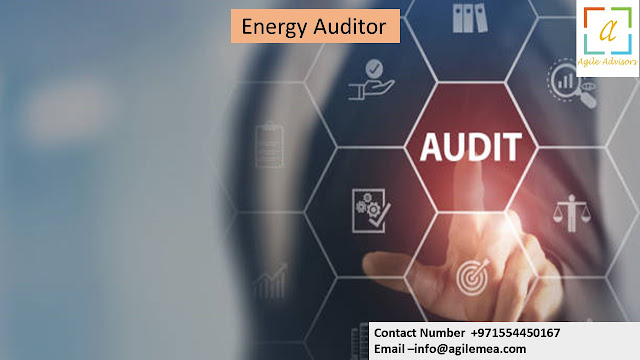The Benefits of Net Zero for Unlocking Corporate Development
To help you as Net Zero consultancy, when all greenhouse gas emissions into the atmosphere are matched by their removal, a state known as net zero emissions occurs, meaning there are no net emissions overall. Using techniques based on nature (trees and forests, carbon sequestration, afforestation, and reforestation) and technology (direct air capture, carbon capture and storage (CCS), and electrochemical) to capture or eliminate an equivalent volume of greenhouse gases from the atmosphere, this approach aims to reduce emissions as much as possible while offsetting the remaining emissions. By drastically lowering the environmental impact of human activity, the overall goal of reaching net zero is essential to halting climate change.
We are a Net Zero, the goal of net zero is to balance out the whole amount of greenhouse gases (GHGs) resulting from human activity. These include carbon dioxide (CO2), methane, and sulfur dioxide emissions. Reducing emissions usually follows a set course, such as the 1.5°C (34.7°F) objective. GHGs from the atmosphere are sequestered to offset any leftover emissions. To achieve carbon neutrality, GHG emissions must be offset frequently by a wider variety of initiatives, including advancing a circular economy and increasing energy efficiency, which includes avoiding emissions. With its less strict reporting bounds and lack of prescription for a precise reduction trajectory.
Being a Net zero Consultant, the term
"net zero" has probably come up in several energy and climate change
conversations. However, did you know that this term has applications in various
areas and businesses, not just one? It finds application in scientific
research, economic strategy, energy planning, and environmental advocacy and
policymaking. Adopting a net zero strategy aligns with changing customer tastes
for sustainability, provides chances for market uniqueness, reduces costs
through effective operations, and draws in funding from stakeholders looking to
engage in eco-friendly activities. Adopting net zero strategies includes
switching to renewable energy sources like wind and solar power, optimizing
resource use for increased effectiveness, cost savings, and better project
outcomes.
In our role as Net Zero Carbon, Scientific
research plays a crucial role in influencing policies and promoting
advancements that ease the global transition towards a net zero-emission
society. It utilizes the net zero concept to develop novel technologies, create
carbon capture techniques, and expand knowledge in environmental sciences. To
achieve net zero emissions, two steps must be taken. This two-pronged approach
begins with reducing emissions created by humans, particularly those from
fossil fuel-powered cars and industrial processes, to almost zero.
Consequently, any leftover emissions require a compensating balance that is
reached using carbon removal techniques. This can be achieved by actively
removing carbon from the atmosphere through natural reforestation or
cutting-edge technology like Direct Air Capture and Storage (DACS).
As one of the leading Net Zero consultancy, A crucial
first step in this strategy is refocusing on renewable energy sources, such as
geothermal, hydroelectric, solar, and wind power. In addition to offering lower
greenhouse gas emissions, these sustainable options are essential in guiding
the world's transition to a net zero future. Reaching net zero can
significantly boost energy security and resilience. Net-zero solutions minimize
carbon emissions while promoting a region's resilience and security by
diversifying energy sources and decreasing reliance on fossil fuels. Energy
diversification is the process of incorporating multiple energy sources into a
system. Diversifying their energy mix can help regions become more robust to
supply disruptions, price shocks, and carbon emissions.




Comments
Post a Comment